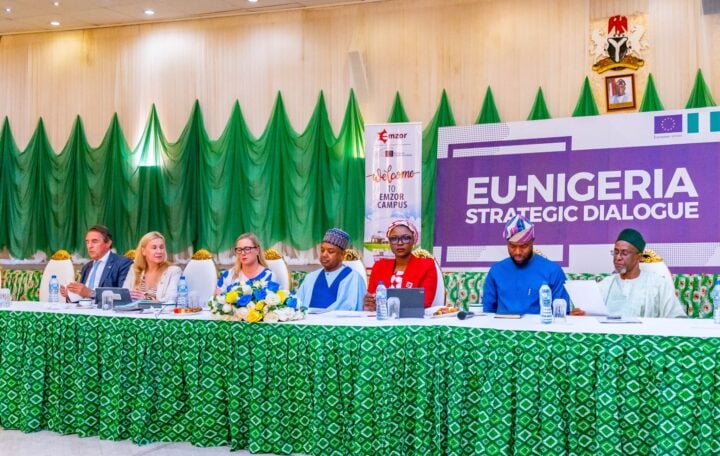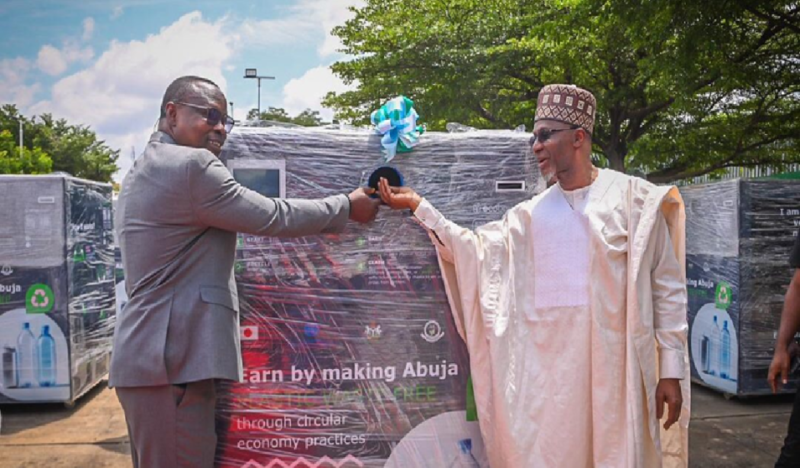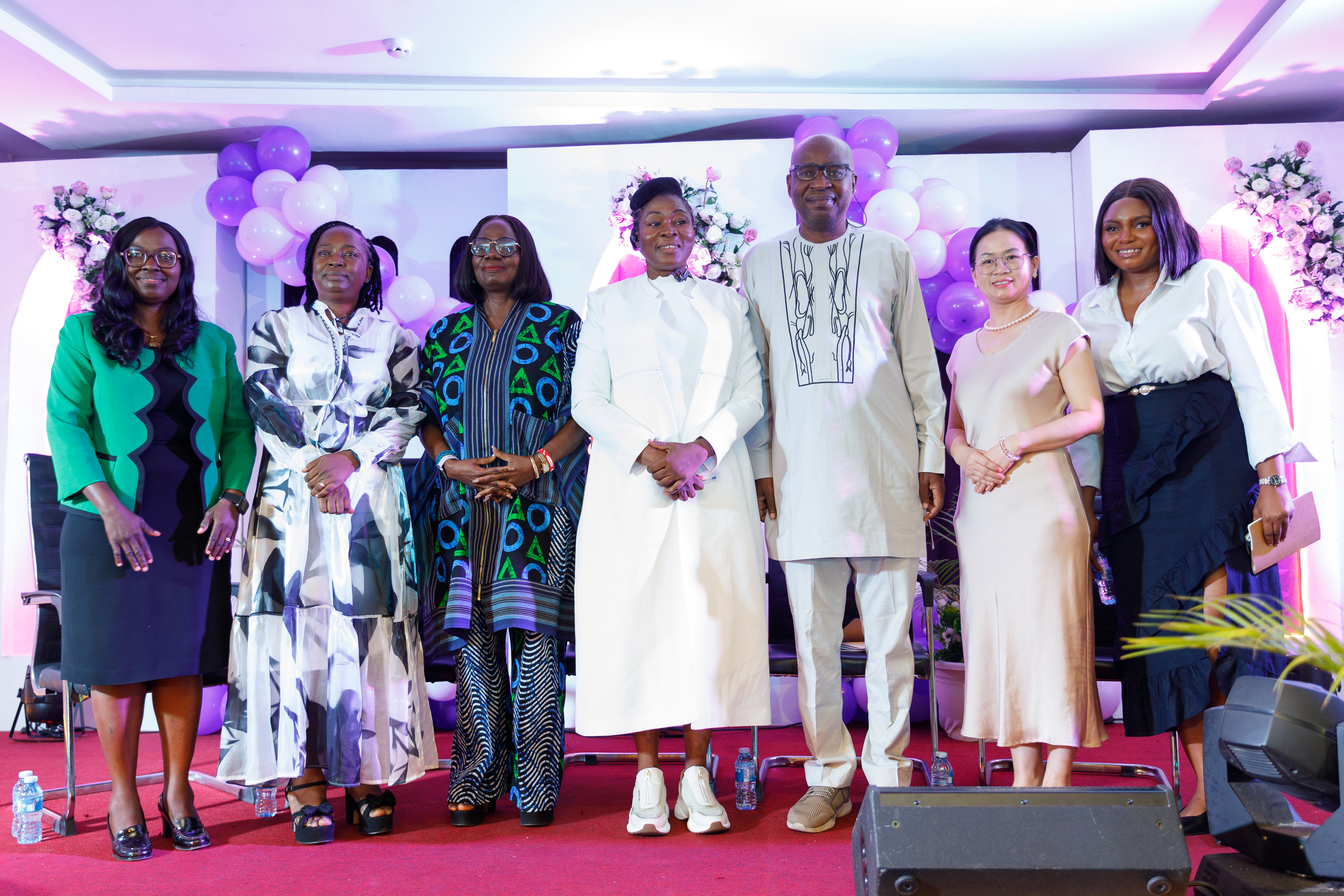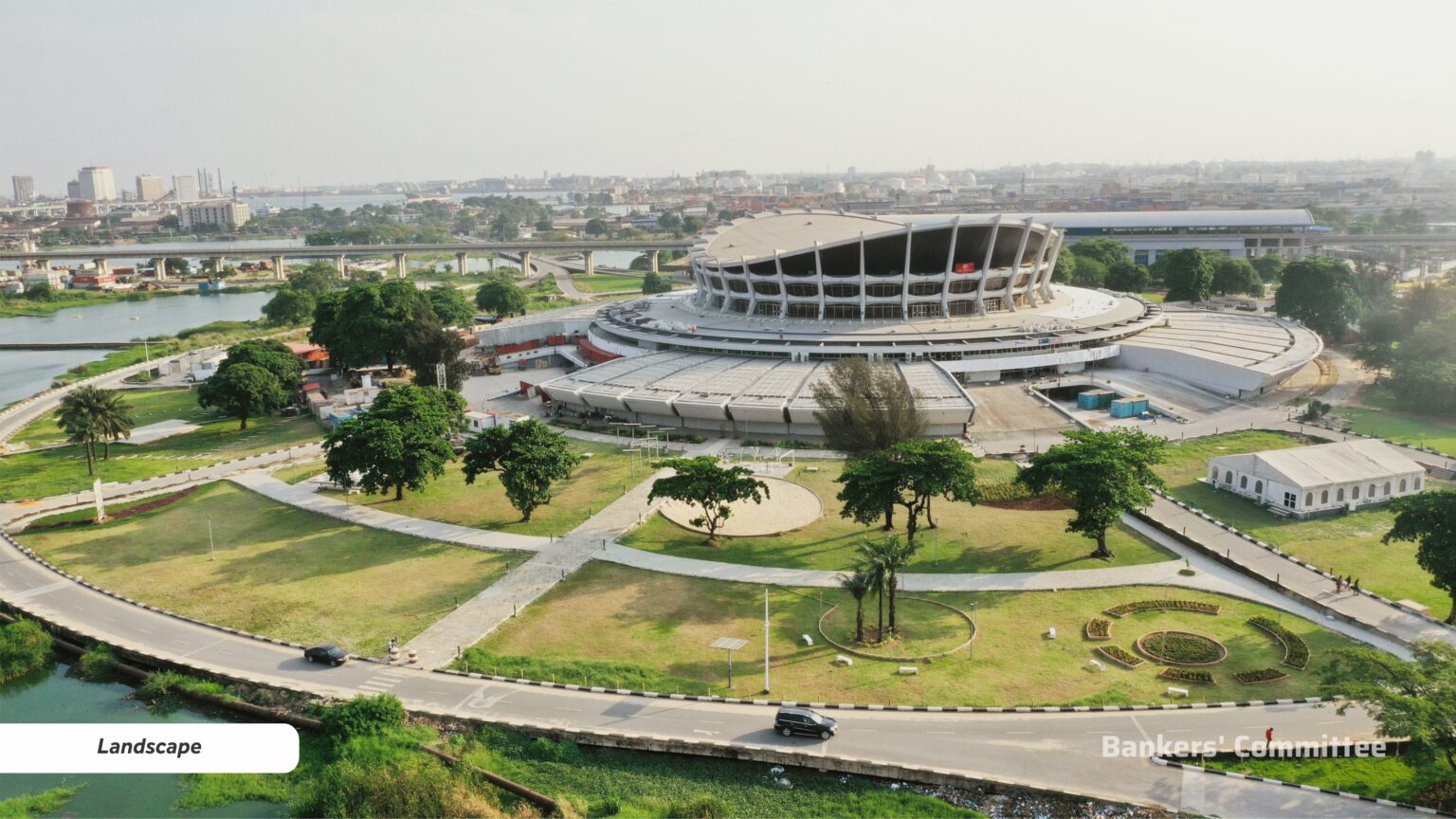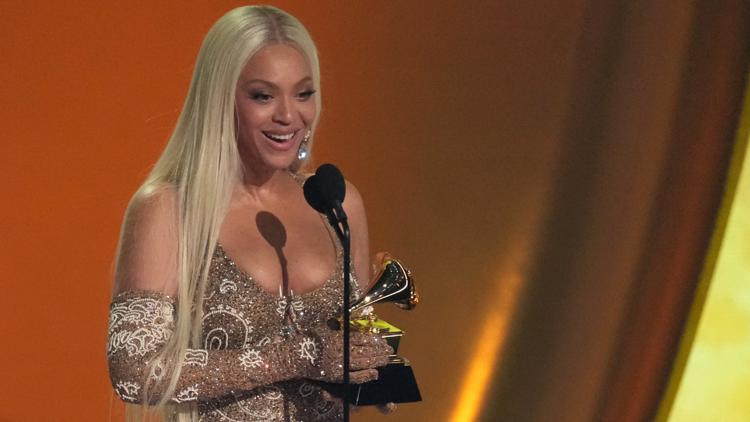Nigeria is set to benefit from the EU’s €150bn Global Gateway initiative, focusing on infrastructure, digital transformation, and economic growth
[dropcap]N[/dropcap]igeria is poised to be a key recipient of the European Union’s €150 billion Global Gateway initiative, aimed at accelerating infrastructural development across Africa by 2027.
Also read: GSMA urges policy reforms to maximise impact of Nigeria’s 50% telecom tariff increase
The initiative focuses on digital transformation, energy, transport, education, research, and healthcare, with Nigeria set to receive substantial investments.
The Head of Cooperation, EU Delegation to Nigeria and ECOWAS, Massimo De Luca, confirmed at a media briefing in Lagos that the EU had already implemented projects worth €700 million in Nigeria between 2021 and 2024.
He described Global Gateway as a €300 billion programme, with Africa receiving a significant portion of the funding.
De Luca highlighted that the initiative is different from traditional aid programmes, emphasising long-term investment rather than just grants or contracts.
“Instead of just providing technical assistance, we focus on investments. These investments can come from either the private or public sector, as long as they are sustainable,” he said.
He further explained that the financing model ensures financial commitment from stakeholders, either through loans or equity, to guarantee project viability.
The European Chamber of Commerce (EuroCham) in Nigeria will play a pivotal role in attracting European investors and identifying priority projects.
Beyond infrastructure, the EU is backing Nigeria’s digital economy strategy in collaboration with the Minister of Communications and Digital Economy, Bosun Tijani. The EU’s digital investments in Nigeria focus on:
– Expanding fibre optic infrastructure: The EU plans to deploy 90,000 km of fibre optic cables across the country, with private sector funding.
– Enhancing e-governance: The EU is developing interoperable digital systems for government institutions.
– Digital skills development: Through a partnership with GIZ’s Digital Transformation Centres, the EU is building skills hubs, including NitHub at the University of Lagos.
The EU has aligned its efforts with Nigeria’s Three Million Technical Talents (3MTT) initiative, led by Minister Tijani.
De Luca stressed the importance of peer-to-peer training and international certification to equip Nigerian youth with globally recognised digital skills.
“We are working to certify skills through international standards backed by practical experience,” he stated.
Also read: Nigeria’s petrol imports set to hit 8-year low amid Dangote refinery’s growing impact
With the EU’s financial and technical support, Nigeria is set to benefit from sustainable infrastructure projects and digital economy advancements, reinforcing its position as a leading hub for economic growth in Africa.


